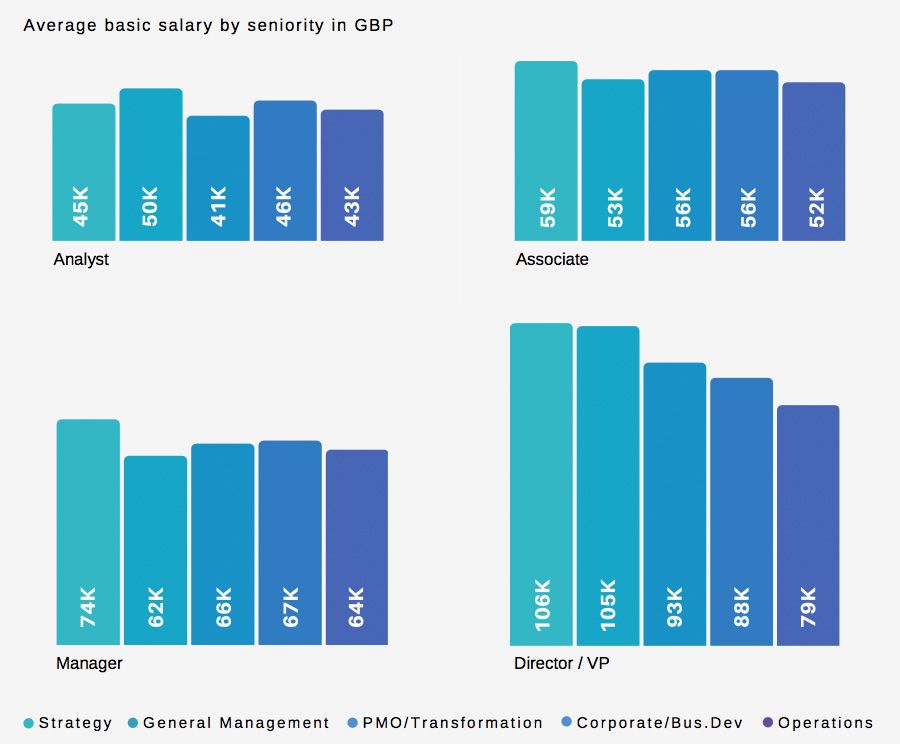
Management of human resources requires you to understand and measure the skills of your employees. Assessing these skills will enable your business to create a more accurate incentive system for pay and better alignment between salary and skill levels. Employers will be more likely to stay with the company if they are paid for their skills. This will reduce turnover and help them retain their jobs. This approach will make employees feel more valued and allow them to stay with the company longer.
Employee engagement
Employee engagement is an integral part of managing human resource. Engaging employees means giving them meaningful feedback and giving them a sense of purpose. It provides employees with the opportunity to speak up and give feedback. Managers must communicate regularly with staff in order to listen and offer feedback.
Employee turnover is one factor that can have a significant impact on an organization's productivity. According to a Gallup study, millennial turnover costs organizations $30.5 billion annually. Engaged employees are more satisfied with their work, and they are more likely to remain in their current job.
Performance Management
The goal of performance management for human resources is to align an organization's strategy and employees' performance. It involves setting goals and objectives and ensuring that everyone works in the same direction. It involves creating and monitoring individual performance plans, as well as determining compensation. Performance management also helps to identify and develop high-potential employees. This approach can be used in many situations, including hiring and firing, evaluating performance, and identifying training requirements.

A great performance management system should integrate employee engagement with performance improvement. It will also ensure employees feel motivated to learn and develop. Microsoft's gamification system for call center agents is an excellent example. The goal is to make sure employees have the skills and knowledge they need for their job. To be successful, the performance system should be integrated to the employee education program.
Compensation
For attracting the best talent to a job, it is important to offer the right compensation. But it is crucial to remember that compensation isn't just about the money. It also involves how to motivate employees. A solid compensation management system will help a company retain top talent, motivate employees, and attract new talent. The right compensation mix can help increase a company’s efficiency and revenue.
The goal of compensation management, is to ensure that wages and benefits are competitively negotiated and meet current needs. This includes analyzing employee data and staying current with complex benefits administration rules. Although compensation is important, it's equally important to make sure that employees get paid correctly and on time.
Pay-for-performance
Pay-for performance is a great way of motivating your employees and keeping them happy. Employees can increase their wages by setting specific goals. This model is also a great way to hire highly-skilled people. This compensation model may not suit every company but it is a great way to encourage top performers.
It is crucial to make sure that the CEO and HR department are committed to pay-for-performance when implementing it. If top management embraces the concept, middle management will follow suit.

Learning
Learning can be used as part of human resource management to maximize the potential of your employees. You can use learning to improve your organization's productivity, whether you are looking for new employees or those who are already there. It is important to identify and understand the needs of your staff in order to improve your human resources.
Training your employees is one way to achieve this. Employees will feel more confident and excited about their job if they are given the right training. Employees who feel confident and competent in their work will be more productive.
FAQ
Are you a qualified consultant?
The best way to become an expert on any subject is by studying the subject thoroughly and then practicing what you have learned.
Start studying today if you want the skills to be a great manager!
Employers may be reluctant to hire people with a degree, but not the relevant experience. You could still apply if you are able to show that you have the same subject knowledge as the people who were hired.
Employers will always be attracted to candidates who are able to apply their real-world skills.
What happens when the consultant is done?
After the consultant finishes the work, s/he will send a final report outlining the results. This report details the project timeline, deliverables, as well any other pertinent information.
After that, you'll go through the report and decide if it meets your expectations. If the report does not meet your expectations, you have two options: to request changes or to terminate the contract.
How much are consultants paid?
Although some consultants can make more than $100k annually, the majority of consultants earn between $25-$50k. The average consultant salary ranges from $39,000 to $39,000. This includes both salaried as well hourly consultants.
Salary depends upon experience, location, industry and type of contract (contractor/employee). It can also depend on whether the consultant has their own office or works remotely.
How did modern consultancy come about?
The first consultants were actually accountants who would help companies manage their finances. Because they were skilled in managing financial information, they became "accounting consulting". This role quickly expanded to include human resource management.
The French word for advice, "consultant", was originally used to describe someone who could advise on the management of an organization. In fact, most business owners today still use the word consultant when referring to any kind of professional advisor.
Do I require legal advice?
Yes! Yes. Consultants can often create contracts with clients, without seeking legal advice. This can lead to issues down the road. For example, what happens to the contract if the client terminates it before the consultant has completed? What happens if the consultant doesn’t meet the deadlines specified in the contract.
It's best to consult with a lawyer to avoid potential problems.
Statistics
- So, if you help your clients increase their sales by 33%, then use a word like “revolution” instead of “increase.” (consultingsuccess.com)
- According to IBISWorld, revenues in the consulting industry will exceed $261 billion in 2020. (nerdwallet.com)
- My 10 years of experience and 6-step program have helped over 20 clients boost their sales by an average of 33% in 6 months. (consultingsuccess.com)
- Over 50% of consultants get their first consulting client through a referral from their network. (consultingsuccess.com)
- "From there, I told them my rates were going up 25%, this is the new hourly rate, and every single one of them said 'done, fine.' (nerdwallet.com)
External Links
How To
How Can I Start A Consultancy Business With No Money?
It's easy and cost-effective to start your own consulting business without capital investment.
You'll learn how you can make money online, increase your skills, earn more cash and be successful.
I will share some secrets that show you how to generate traffic on demand, especially when people are searching for something specific.
This is known as 'Targeted Traffic. This is the method that was created to enable you to do such things.
-
Find out what niche you want.
-
For solutions on Google, it is important to research the keywords that people use.
-
Write content around these keywords.
-
Post your articles on article directories.
-
To promote your articles, use social media.
-
You can build relationships with people who are experts in the field.
-
You can be featured on these websites and blogs.
-
By sending emails, you can increase your email list.
-
Start making money.